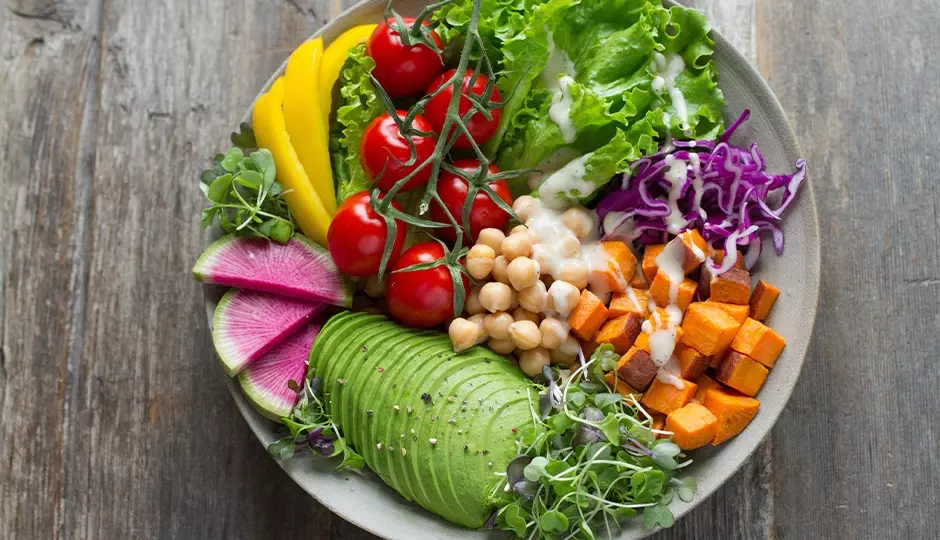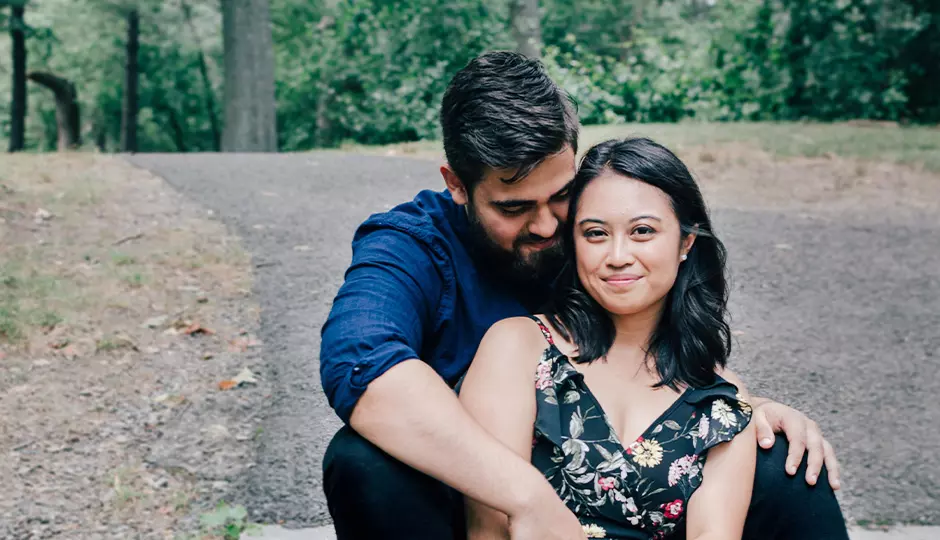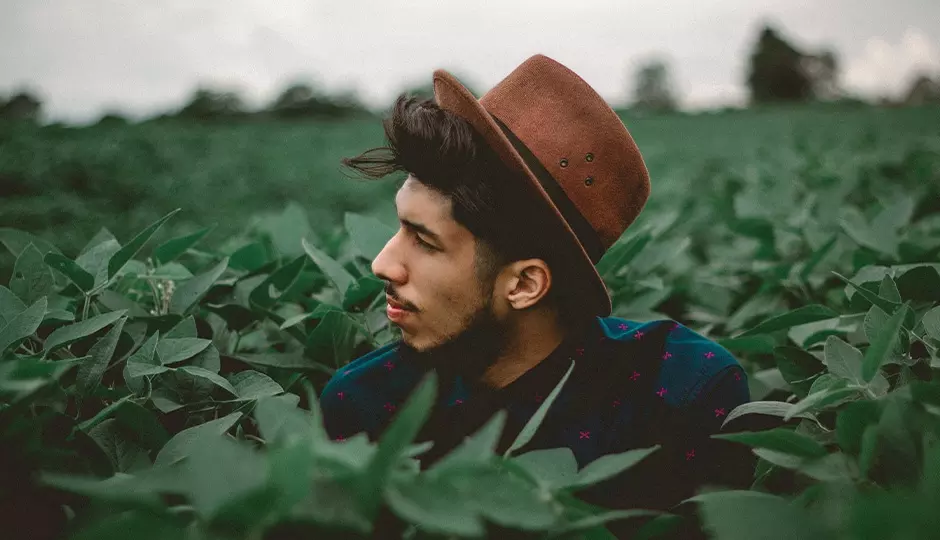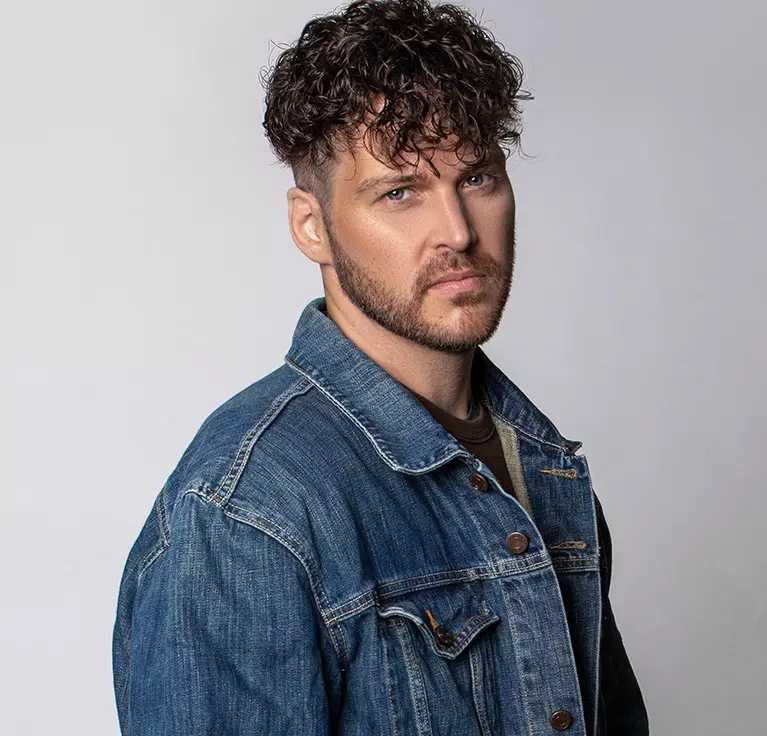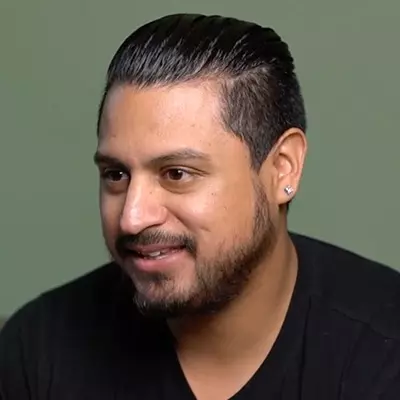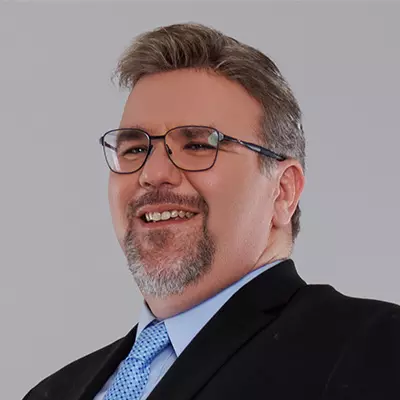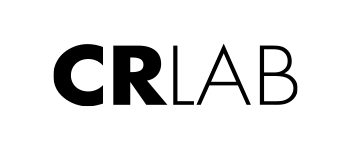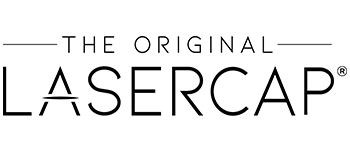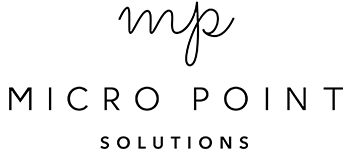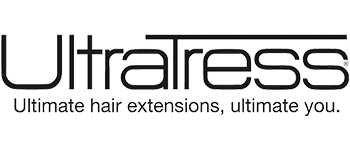Diet plays a vital role in the health of the skin, scalp, and hair. Hair cells are one of the fastest-growing cells in the human body, and the food you eat has a tremendous impact on the growth, strength, and volume of your hair. Hair is not an organ or tissue that is critical to survival, so your body does not see it as a priority when it comes to nutritional needs. Because your hair is somewhat expendable, a poor diet or nutritional imbalance will often show up first in the form of thinning hair or hair loss.
Importance of Diet For Healthy Hair Growth
Hair is continuously growing and being replaced in phases as part of the hair growth cycle, with the average person losing approximately 50 to 100 hairs each day. While these hairs are beginning to die, the hair follicles continually create new strands from nutrients in the body. Because of the cyclic nature of hair growth, the foods people eat directly affects the health of their hair and how it grows.
Scalp hair grows typically around 6 inches per year, and some proteins, fats, vitamins, and minerals are especially essential for strong, healthy hair. But both deficiencies and excesses of certain things in your diet can result in hair loss. An iron or mineral deficiency can cause thinning hair and hair loss as well as an overload of specific vitamins or minerals, such as Vitamin A found in oily fish, liver, and cheese.
Cells throughout your body, including the hair, require a balance of proteins, complex carbohydrates, iron, vitamins, and minerals to function at their best. While many people believe they are eating healthy, their diet often does not include all of the nutritional elements necessary for optimum scalp health and hair growth. Diets that consist of mainly fruits, vegetables, and salads, with only small amounts of protein and calories, or diets that are rich in protein and fat with few or no carbohydrates, may have an adverse effect on hair growth.
Ensuring Your Diet Promotes Healthy Hair Growth
There are several things that you can do, which will help maximize the health of your scalp and hair follicles and ensure that you continue to grow healthy and beautiful looking hair. Changes in diet will be most pronounced in people who previously had vitamin or nutrient deficiency, but it may take time to see the positive results in terms of hair growth.
The energy needed for cell growth is at its lowest first thing in the morning, and eating a nutritious, well-balanced breakfast is vital for healthy cell growth throughout the body, including the scalp and hair. Since hair is principally composed of protein, your diet should include adequate amounts of high-protein food.
Healthy hair also requires adequate amounts of iron, as found in red meat, as well as other vitamins and minerals. One of the keys to ensuring a healthy scalp and healthy hair is a variety of foods to ensure that you are receiving a wide range of essential vitamins and minerals.
Drinking plenty of water and staying hydrated is vital for healthy skin and hair, and a dehydrated scalp can create an environment that promotes hair loss. Fluid requirements vary depending on the climate, as well as your activity level and what you eat and drink and can change every day.
Contact Mane Image Hair Restoration
While hair loss is often due to genetics, there are a variety of factors that can cause thinning hair and hair loss. A well balanced and nutritious diet is vital to an individual's overall health as well as the health of their scalp and hair. Thinning hair and hair loss are often the first signs of an issue with a diet.
At Mane Image, our staff has the knowledge and expertise to help determine the cause of your hair loss and provide you with solutions. During your initial consultation, our expert staff will thoroughly examine your scalp, hair follicles, and hair as well as look at other factors such as diet, that may be causing your hair to thin. To learn more about how diet can improve hair growth, contact us today to schedule your FREE consultation.

